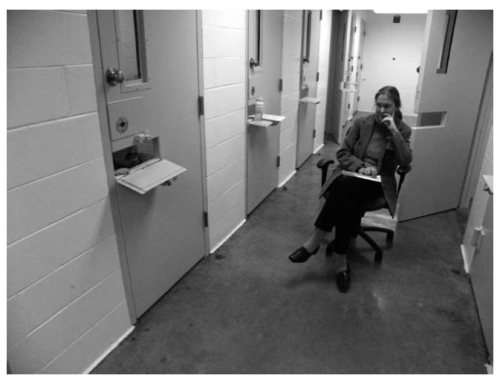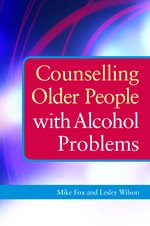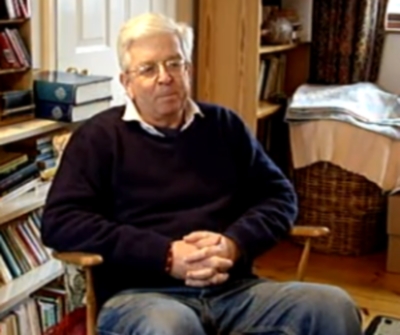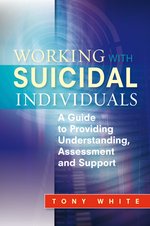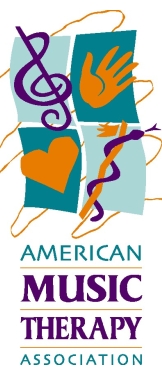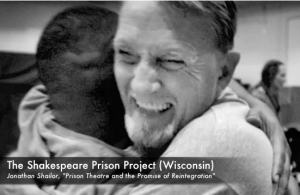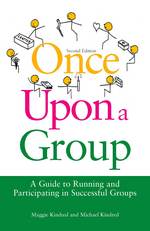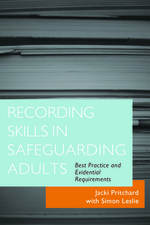Salvation through Shakespeare: An Interview with Laura Bates, contributor to ‘Performing New Lives: Prison Theatre’
“When I was invited to contribute a chapter to this important anthology, I knew that I wanted to focus on one prisoner [Larry]…[T]he second half of the chapter…relates his transformational journey through the works of Shakespeare, using his analysis of the characters to provide a self-analysis that was truly life-altering. As one example, we focus on the character of Macbeth, examining some parallels between that character and Larry’s early criminal experiences. While some of those parallels are disturbing, the chapter concludes with the celebration of Larry’s ‘salvation through Shakespeare.'”
